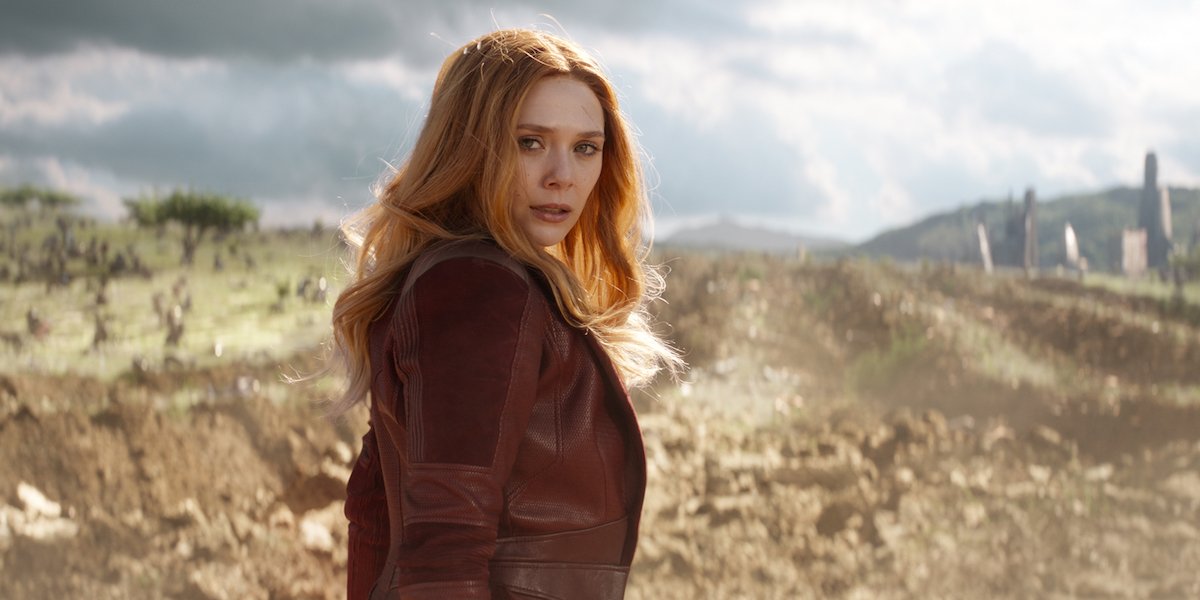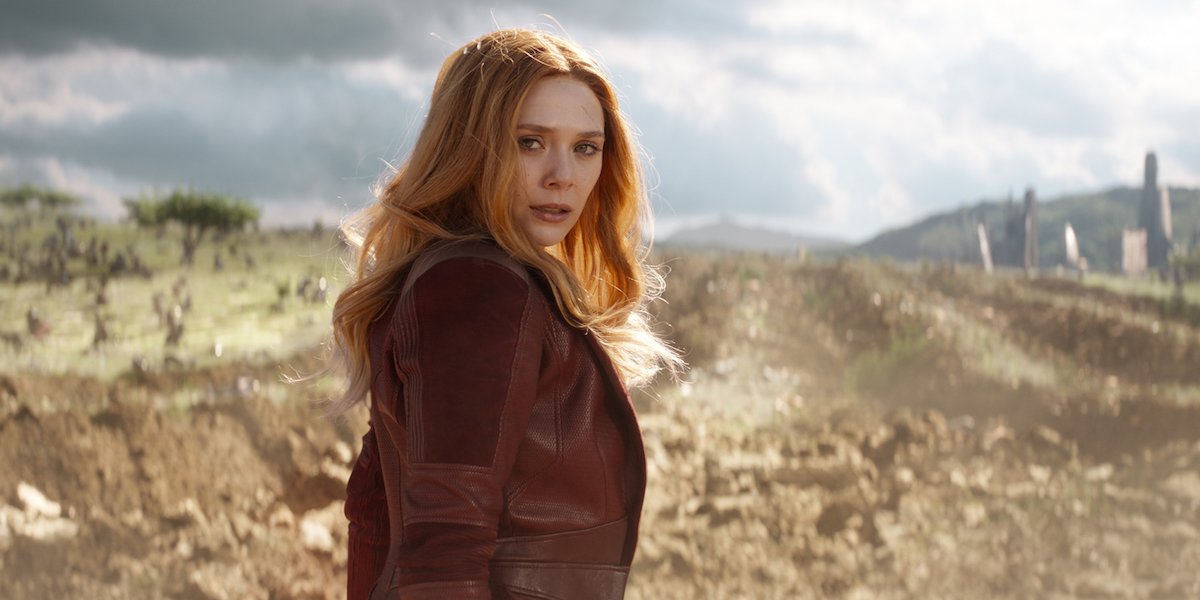
With the Infinity Saga now over, a new chapter of the Marvel Cinematic Universe is unfolding that looks quite different from this franchise’s previous three Phases. For at least Phase 4 and possibly even Phase 5, it doesn’t look like there will be an overarching storyline tying together the MCU movies as was frequently the case over the past 11 years. That said, there will be a different kind of MCU connectivity come Phase 4, one that stretches across the big and small screens.
It was announced at San Diego Comic-Con that Elizabeth Olsen’s Scarlet Witch will appear in 2021’s Doctor Strange in the Multiverse of Madness, but furthermore, the events of her Disney+ series, WandaVision, will lead into the Master of the Mystic Arts’ sequel. It was also recently rumored that the alternate timeline Loki we met in Avengers: Endgame will appear in Thor: Love and Thunder, and he’s bringing his timeline’s version of Mjolnir with him, which he somehow obtains during the course of his own Disney+ series.
Having Marvel movies and TV shows being closely connected to each other is an appealing prospect to a lot of Marvel fans, myself included. However, another part of me is concerned that this plan could backfire because it will alienate the more causal moviegoers who aren’t devoted MCU mythology and aren’t willing to invest so much more time just to stay caught up.
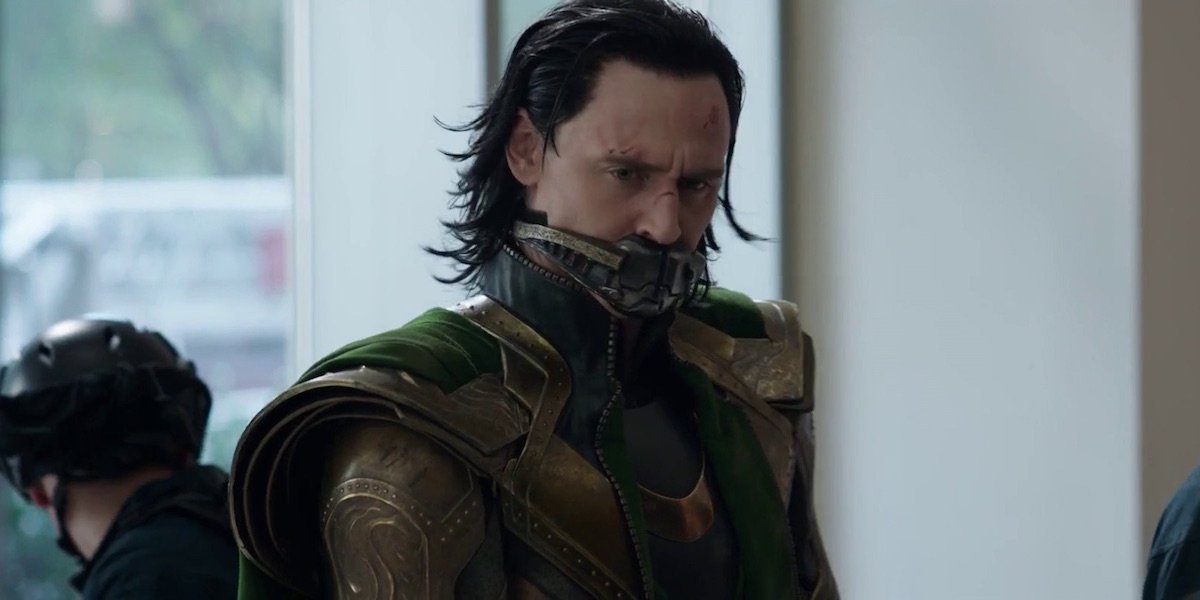
To be fair, these Disney+ shows are hardly the first ones to be set within MCU continuity, as there plenty of others that have aired or are still airing across ABC, Netflix, Hulu and Freeform. The difference here is that the Disney+ shows are being made by Marvel Studios, whereas the previous ones and many others coming up, like Ghost Rider and Helstrom, fall under Marvel Television, a separate division that doesn’t coordinate with Kevin Feige and his gang.
As a result, the previous Marvel series have been largely disconnected from the Marvel movies outside of the occasional reference or namedrop, to the point that I would not be surprised if rebooted versions of Daredevil, Jessica Jones, Luke Cage, Iron Fist and The Punisher are introduced later down the line firmly set within MCU continuity and their Netflix shows are declared non-canon. Even with Agents of S.H.I.E.L.D. and Agent Carter, the shows arguably most connected to the movies, it was a one-sided street, with the movies not acknowledging those two programs outside of James D’Arcy’s Edwin Jarvis cameoing in Avengers: Endgame.
Now that Marvel Studios gets to make its own shows on Disney+, there’s the opportunity to finally deliver that closer connectivity between MCU movies and television (streaming, to be technical) that so many fans have wanted. Even though Marvel is churning out more movies than ever, there’s only so much big screen time that can be allotted, but now characters like Falcon, Winter Soldier and Hawkeye can shine on their own platform rather than keep being supporting characters in movies.
That’s cool enough on its own, but for Marvel to go one step further and have the plot lines of some of these Disney+ shows lead into upcoming movies is great… for longtime MCU fans. Let’s be real, most of the people who are devoted to this franchise will subscribe to Disney+ and check out these shows at some point. But what about the people who are just casual MCU viewers?
Each of these Marvel Disney+ shows are going to be between six-to-eight episodes, and since these series won’t have commercial breaks, let’s assume they’ll actually be a full hour as opposed to the usual 42-44 minutes we expect from network television. That’s six-to-eight extra hours of content per show, and it’d be one thing if this was optional viewing. But in the case of WandaVision and possibly Thor: Love and Thunder, we go from optional to what sounds like mandatory.
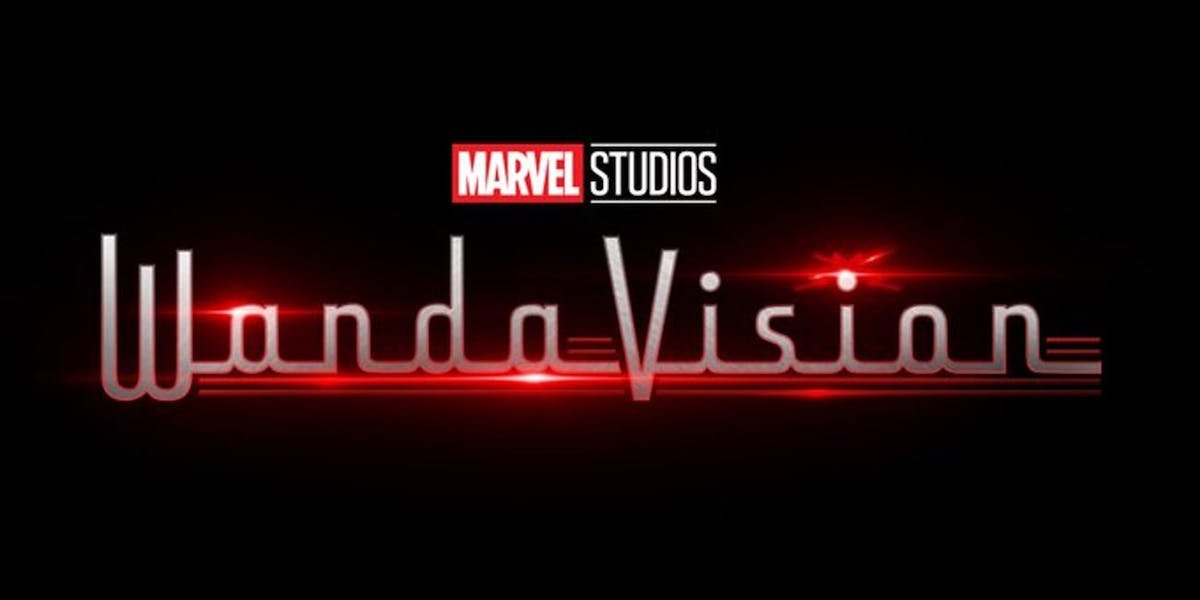
Let’s look at WandaVision first. No plot details have been revealed yet other than, as the title indicates, Scarlet Witch will be reunited with The Vision, who was killed by Thanos at the end of Avengers: Infinity War. How the android will return remains shrouded in secrecy, but because we know that Scarlet Witch will also factor into Doctor Strange in the Multiverse of Madness, perhaps it has to do with Wanda altering reality with her amazing powers and creating an ideal world where Vision was never taken from her.
If that’s the case, then it makes sense why WandaVision is tied to Doctor Strange in the Multiverse of Madness, but just how tight are those ties? If someone missed out on WandaVision, will they still be able to follow along with Doctor Strange 2, or will the story not make much sense if they didn’t watch the Disney+ series?
Maybe WandaVision is simply being used to tease a larger threat that’ll fully present itself in Doctor Strange in the Multiverse of Madness, and those who didn’t catch the show would still be able to follow along with the story easily and get a basic understanding for how Scarlet Witch is different compared to how she was in Avengers: Endgame. But if Marvel has closely interwoven the two projects, I suspect that’ll turn off a lot of people who thought they’d be caught up having just seen Doctor Strange and the last two Avengers movies.
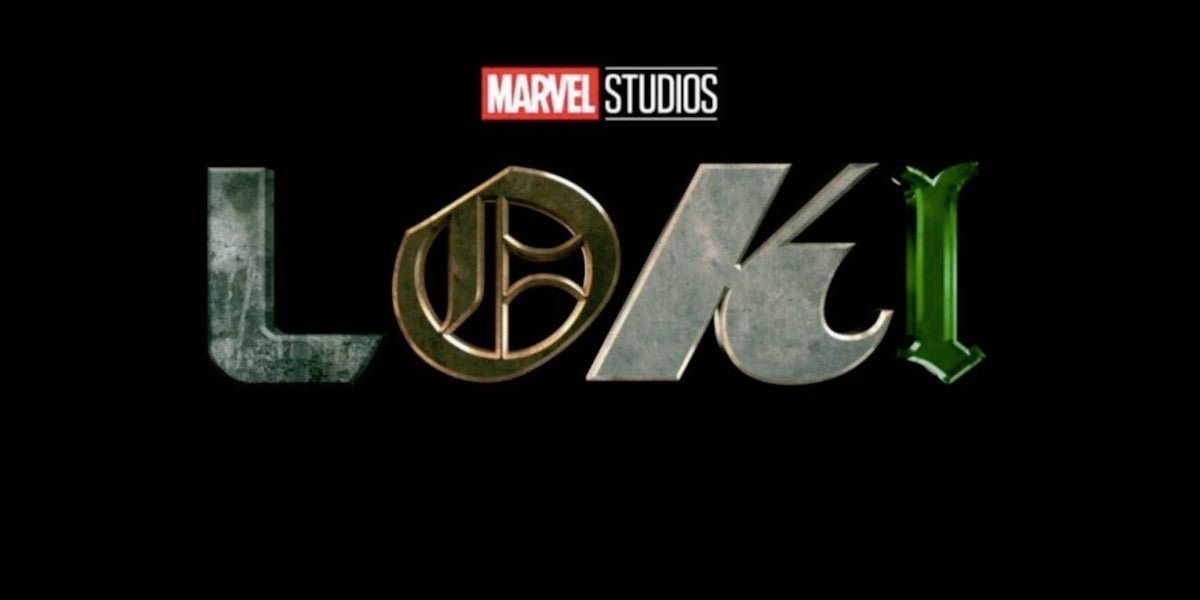
And then there’s Loki, who will spend his Disney+ series traveling through time and messing around with important moments in human history. According to the rumor circulating, that series will end with the Asgardian trickster crossing over into the main MCU timeline with his timeline’s Mjolnir in tow, which would explain how Jane Foster is able to become The Mighty Thor in Thor: Love and Thunder.
Assuming this information is true, that’s a harder plot point to just explain away with a few lines of exposition in Thor: Love and Thunder. Sure Avengers: Endgame set up alternate timeline Loki, but it’s a far jump to go from that to having the character pop back up in Thor: Love and Thunder, meaning that unless you caught the Loki series beforehand, that portion of Thor 4 might make you feel lost.
There’s only so much time to go around, and while it’s one thing to watch a few movies to ensure that you’re caught up in time for the latest movie, tacking on an extra six-to-eight hours is a lot to ask of someone who isn’t terribly invested in this franchise. That could potentially lead to these same people skipping out on future Marvel movies if they feel it’s not worth the effort of having to keep track of these extra shows.
Admittedly, at this stage of the game, Marvel is so successful that the amount of people who drop off due to this development would be negligible in the brass’ eyes. And who knows, if these shows stay limited series as opposed to continuing for many seasons, that makes this less of an issue.
Still, Marvel is taking a risk by tying some of these Disney+ shows closely to its movies, and this could just be the start. Who knows what other Disney+ shows could get the green light, and we still don’t officially know what will comprise the Phase 5 slate.
But hey, the company took a risk when it launched its cinematic universe over a decade ago, and look how that turned out. With the kind footing it has now, perhaps alienating the more causal MCU fans won’t be as a big a concern as I’m currently imagining. We shall see.
Stay tuned to CinemaBlend for all the latest updates about the MCU on both the big and small screens, but for now, keep track of the rest of this year’s release with our handy 2019 schedule.
